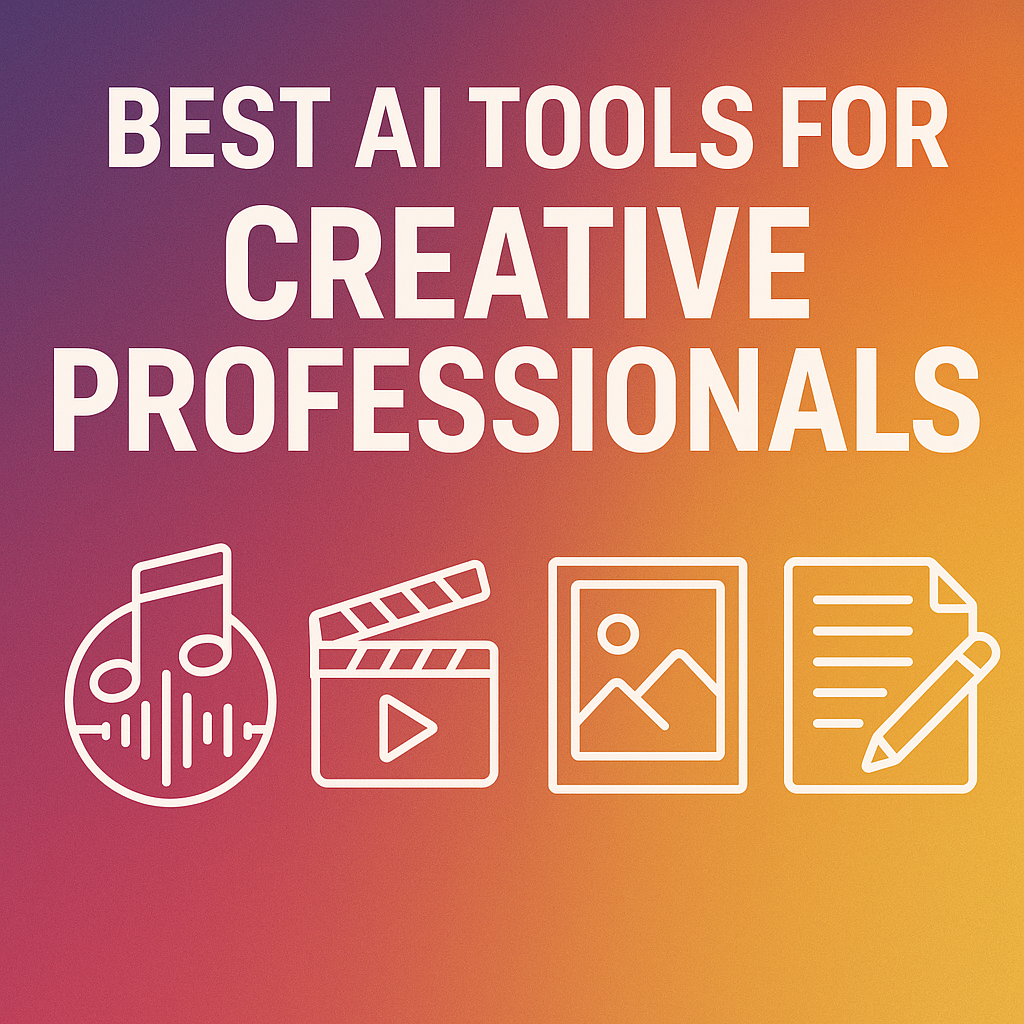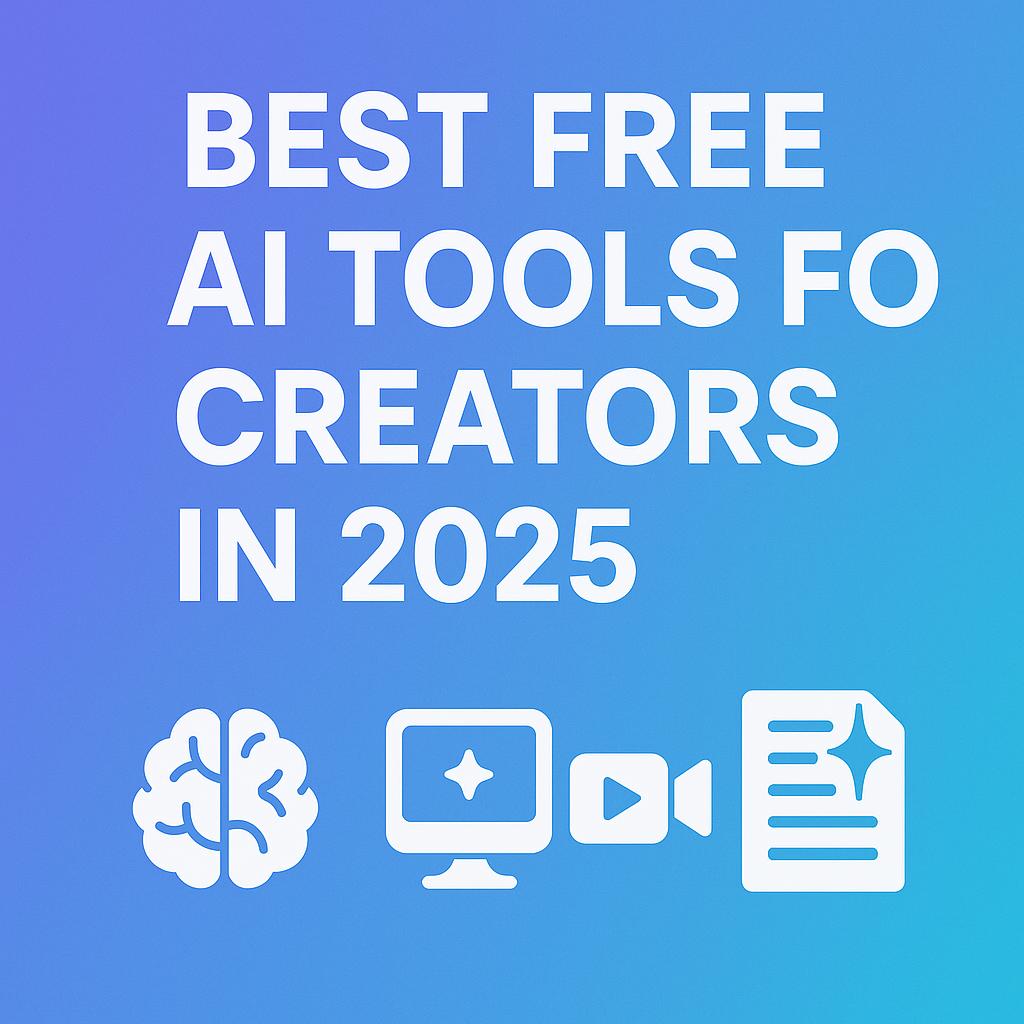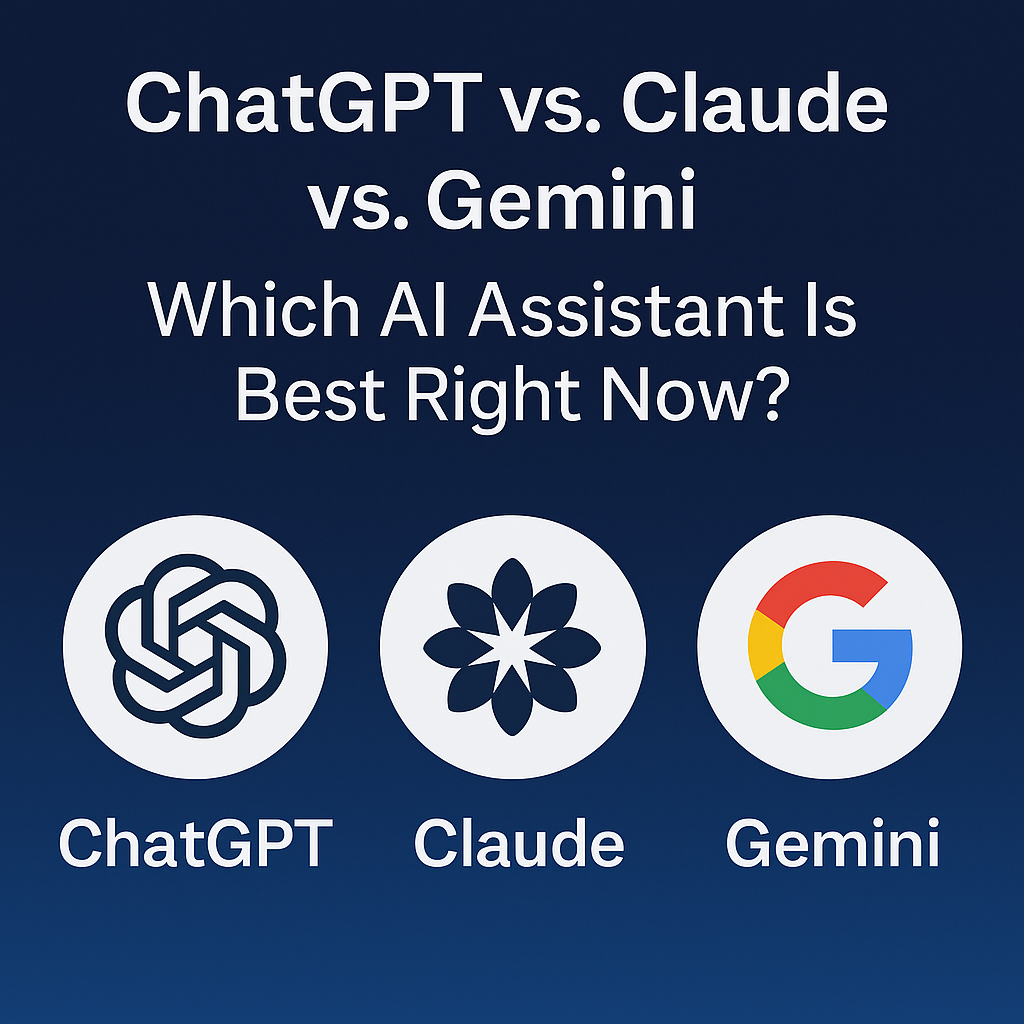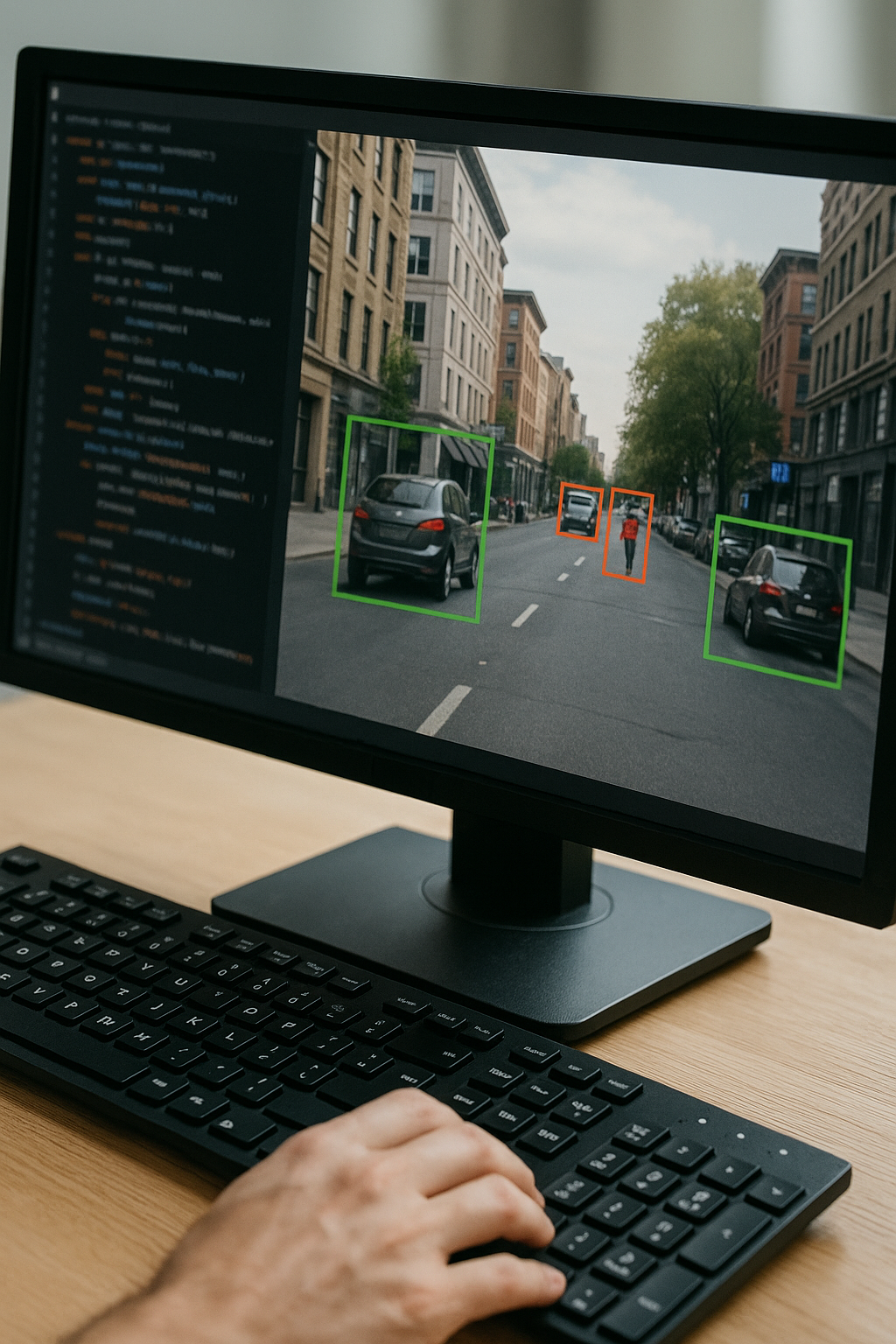Top 5 AI News Stories Shaping the Future
Top 5 AI News Stories Shaping the Future (and Why You Should Care)
The field of Artificial Intelligence (AI) is constantly evolving, pushing the boundaries of what machines can learn, perceive, and achieve. This rapid development can be hard to keep up with, but understanding the latest breakthroughs is crucial for anyone interested in the future. From healthcare advancements to ethical debates, AI is poised to impact every facet of our lives.
In this blog post, we'll delve into the top 5 AI news stories currently shaping the landscape:
1. Meta Unveils Multimodal AI Powerhouse
Meta, the social media giant, recently made waves with the announcement of five groundbreaking AI models. This marks a significant step forward in AI's ability to process and understand the world in a way that mimics human perception.
One of the most exciting developments is the focus on multimodal systems. These models can analyze not just text, like traditional language models, but also images alongside the text. Imagine searching for a specific type of furniture and being able to describe it with both words and a picture. Or consider a virtual assistant that interprets your frustration from both your voice tone and facial expressions. This combined understanding opens doors to a more intuitive and natural way of interacting with technology.
Meta's research also includes advancements in:
- Next-generation language models: These models continue to push the boundaries of language understanding and generation. Imagine AI that can write different creative text formats, translate languages with exceptional accuracy, or even summarize complex research papers.
- Music generation: Meta's AI can now create original music pieces in various styles. This has exciting implications for the music industry, from personalized playlists to AI-powered composers.
- Improved diversity in AI systems: Bias in AI training data can lead to discriminatory outcomes. Meta's research focuses on mitigating this by ensuring training data is more representative of the real world.
2. Apple vs. EU: The Innovation vs. Regulation Debate
Apple's recent delay in launching some AI features in the EU highlights the ongoing tension between technological innovation and regulatory concerns. While Apple is known for its user privacy focus, the EU's stricter AI regulations have caused a delay in features like on-device facial recognition.
This debate raises crucial questions:
- How can we encourage AI development while protecting consumer rights?
- Who defines "ethical" AI, and how can these standards be enforced globally?
- Can regulations stifle innovation, or do they create a safer and more responsible AI future?
This debate will significantly impact how AI is developed and implemented across the globe.
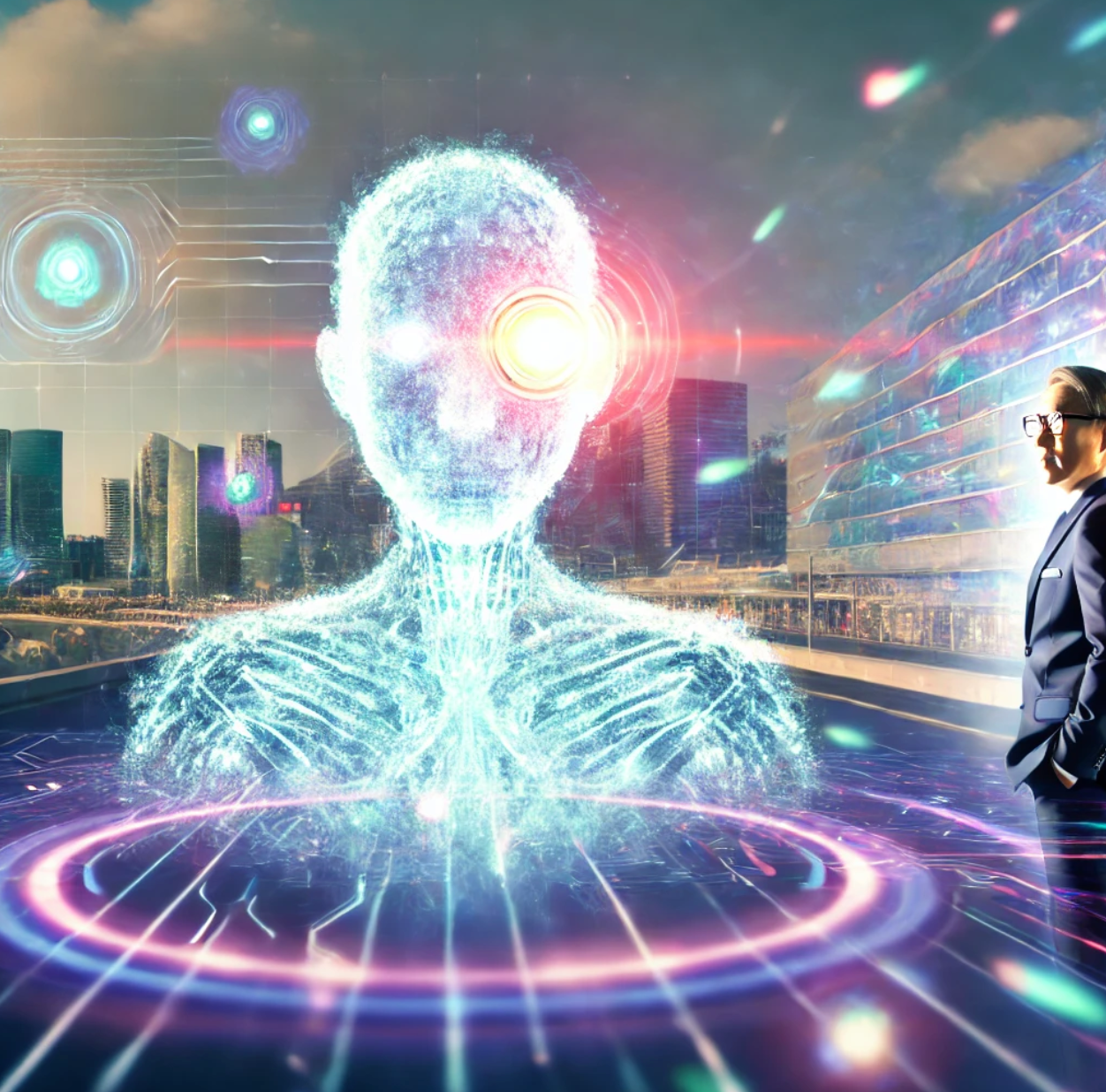
3. SoftBank Chief Predicts Rise of Artificial Super Intelligence (ASI)
Masayoshi Son, the CEO of SoftBank, recently made a bold prediction: Artificial Super Intelligence (ASI) surpassing human intelligence could arrive within 10 years. ASI refers to hypothetical AI that surpasses human capabilities in all aspects, including reasoning, learning, and problem-solving.
While this prediction has sparked heated debate, it highlights the rapid pace of AI development. Here's what we need to consider:
- Are we prepared for the potential risks and societal disruption that ASI could bring?
- Should we focus on developing safeguards and ethical frameworks to guide ASI development?
- How can we ensure that ASI benefits all of humanity, not just a select few?
This news story forces us to confront the long-term implications of AI and begin proactive discussions about its responsible development.
4. AI Emotion Recognition: Boon or Bane?
Researchers have developed AI models that can recognize emotions from facial expressions. This technology has potential applications in various fields, including customer service, education, and healthcare.
However, several concerns surround this technology:
- Privacy: Who has access to this data, and how is it used?
- Accuracy: How reliable is AI emotion recognition, and can cultural differences be accounted for?
- Manipulation: Could this technology be used to exploit or manipulate people's emotions?
While AI emotion recognition holds promise, it's crucial to address these concerns before widespread adoption.
5. Swarm Molecular Robots: Self-Assembly Takes Center Stage
Scientists have taken a giant leap forward in the field of nanotechnology with the creation of self-assembling and disassembling swarm molecular robots. These robots, controlled by DNA molecules, can work together to perform complex tasks.
This technology has the potential to revolutionize various fields:
- Medicine: Delivering drugs directly to diseased cells or performing delicate surgeries inside the body.
- Environmental remediation: Cleaning up pollution at the molecular level.
- Manufacturing: Building materials and products at the atomic scale, leading to unparalleled precision and efficiency.
This breakthrough highlights the vast potential of AI when combined with other scientific advancements.
The Future of AI: Stay Informed, Stay Engaged
Sign Up For Our Weekly Newsletter and Get Your FREE Ebook " AI For Everyone - Learn the Basics and Embrace the Future"



